Much ado about Chinese ice cream Mixue's halal certification in Indonesia
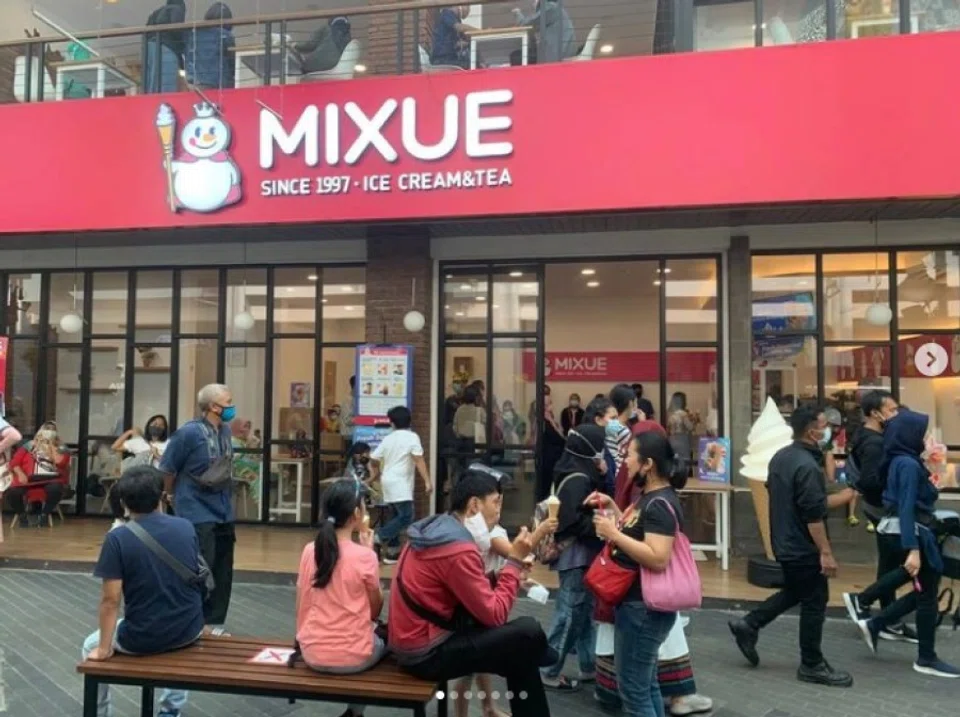
Over the past year, China-produced Mixue ice cream and its beverage line have gained popularity among Indonesia's urban youth. However, on 5 January, a group of people claiming to be concerned about halal food staged a demonstration in front of a Mixue store in Cikini, Jakarta, saying that Mixue was not halal certified, and calling for Muslims to boycott Mixue products.
Mixue ice cream is produced by the Chinese company Mixue Bingcheng, founded in 1997 by Zhang Hongchao. He started selling shaved ice in a small store in Zhengzhou, Henan, and later moved into selling ice cream and beverages in 2007. During the Olympics in China, Mixue franchise stores gained attention as they began popping up throughout the country including third- and fourth-tier cities, and it became a well-known Chinese brand.
The company expanded overseas only after 2020, only to be hindered by Covid. But according to Mixue's reports, as of 31 March 2022, it has 566 stores in Vietnam, Indonesia and elsewhere; on the other hand, Indonesia's social media has it that as of December 2022, there are 692 Mixue stores in Indonesia alone.
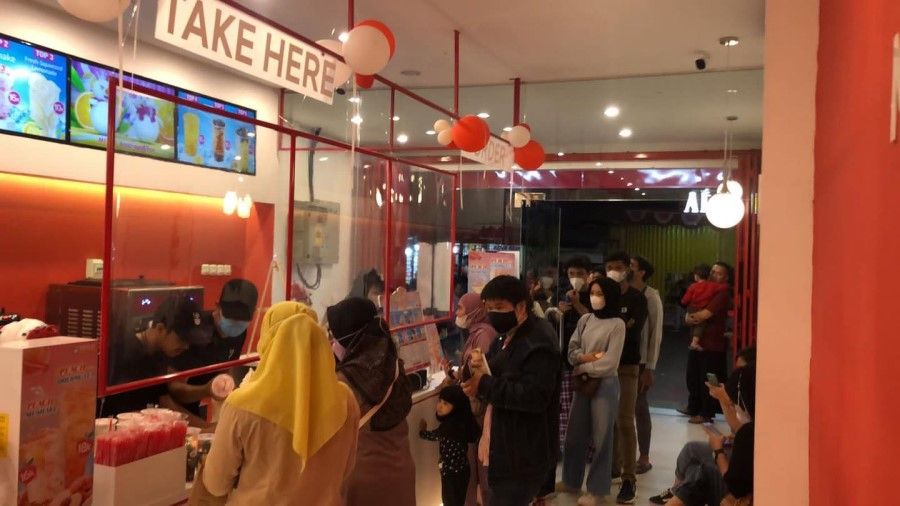
Mixue is known in Indonesia as PT Zhi Sheng Pacific Trading Co, providing authorised retail rights. Indonesian social media reports that the cost of joining the franchise was about 880 million rupiah (about US$58,800), later reduced to US$20,000. Mixue ice cream is priced reasonably with a large selection of flavours - prices start at about US$0.50 for an ice cream cone.
Some other ice cream brands are cheaper than Mixue, while others are more expensive. But Mixue ice cream is said to be cheap and good, with good reviews, and its stores are everywhere, making it the market leader. The brand has also come up with many products including various beverages. In just a couple of years, Mixue has become a favourite among Indonesia's urban youth.
To become halal certified, businesses had to pay a fee decided by MUI, which was its most important source of income that did not go to the state.
Rise of Islamic power led to halal certification
Indonesia is a Muslim majority country, and any food has to be halal certified to be accepted, otherwise, Muslims might not dare to purchase it.
Halal certification has a short history in Indonesia. In the 1990s, with the rise of Islam in Indonesia's politics, the Indonesian Ulema Council (Majelis Ulama Indonesia, MUI) proposed the idea of halal certification, but it was non-mandatory.
However, during the presidency of Susilo Bambang Yudhoyono from 2004 to 2014, Islam grew more powerful - before he left office, he signed a law stating that foods sold to Muslims must be halal certified, and that non-certified products would be considered non-halal.
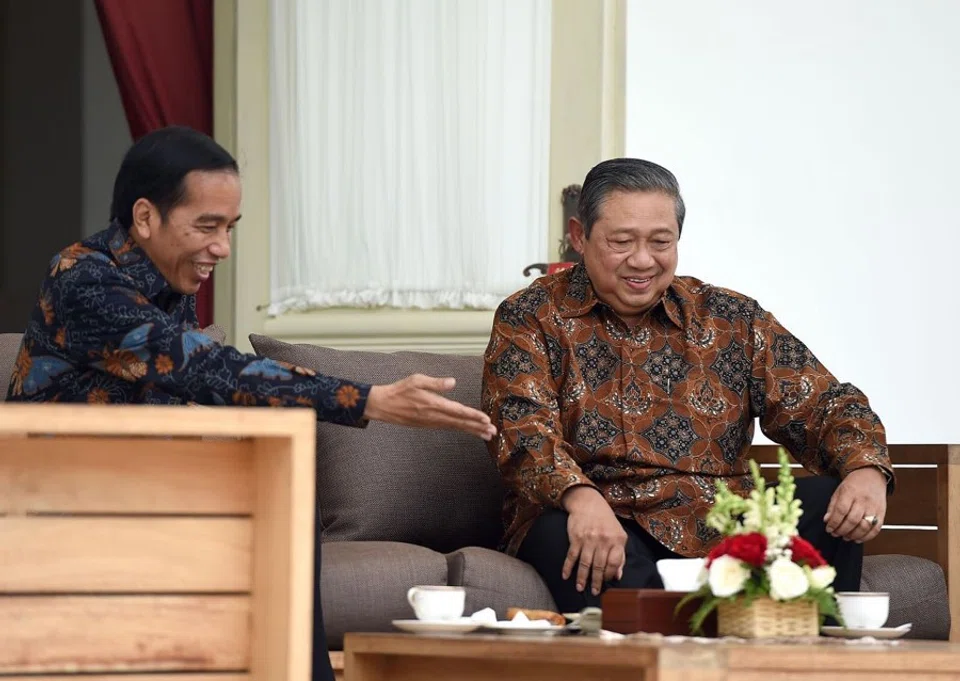
Halal certification is issued by MUI. The organisation was established during Suharto's time; his intention was to control Muslim organisations. However, after Suharto lost office, MUI became more powerful and became the religious authority, the only organisation to issue halal certification. To become halal certified, businesses had to pay a fee decided by MUI, which was its most important source of income that did not go to the state.
... Jokowi subsequently cracked down on extremists in the MUI and transferred the right to issue halal certificates into the hands of the Ministry of Religious Affairs.
De-facto power in the hands of MUI
The MUI comprises Muslim leaders from various Indonesian Muslim groups and has had a high level of political participation since the fall of Suharto. It also played an important role in the defeat of former Jakarta governor Basuki Tjahaja Purnama (Ahok). During the 2019 presidential elections, Indonesian President Joko Widodo (Jokowi) had no choice but to pick MUI chairman and Nahdlatul Ulama supreme leader Ma'ruf Amin as his running mate.
However, Jokowi subsequently cracked down on extremists in the MUI and transferred the right to issue halal certificates into the hands of the Ministry of Religious Affairs. Notwithstanding, the MUI maintains a prominent role among the organisations responsible for food inspection.
The halal certification process is complicated and requires approvals from many organisations and departments. Some believe this is designed to extract more money from businesses. In response to a query from Kompas about Mixue's halal certification request, Asrorun Ni'am Sholeh, the person in charge of MUI's fatwa division, said that Mixue's application was still being processed. Aqil Irham, head of the Ministry of Religious Affairs' halal product assurance agency BPJPH, also said that Mixue's products were still under review by the LPH, a halal inspection agency.
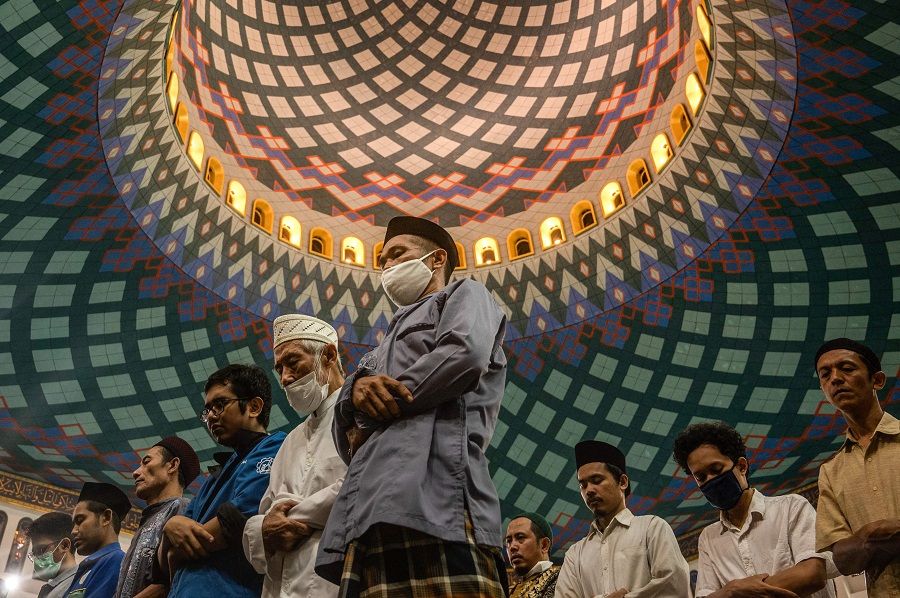
The LPH will send the outcome of the review to the BPJPH, which will then send the results to the MUI. Finally, the MUI will hold a meeting within 30 working days to determine whether the product complies with Islamic law. Halal certification is only issued by the BPJPH when recommended by the MUI. Applicants must also pay the required fees as stipulated by the Ministry of Religious Affairs.
... Mixue's difficulty in obtaining a halal certificate will affect investor confidence and impede Indonesia's economic development.
The mystery behind the delay
Although Mixue openly admitted that it is not yet halal-certified, it asserted that this does not mean that its products contain haram ingredients. The company stressed that its ingredients comply with Islamic laws and contain no alcohol and no lard. It also explained that the company had applied for halal certification since early 2021, but it has yet to be halal-certified. The MUI did not respond to why the review process was taking so long either. In any case, the delay in halal certification is indeed strange.
Internet personality Ade Armando raised several questions on this issue in a video posted on 6 January. In his view, Mixue's difficulty in obtaining a halal certificate will affect investor confidence and impede Indonesia's economic development. He also wondered if the demonstration to boycott Mixue's ice cream was based on business competition or if there was something more, and further queried why the halal certification process was taking so long.
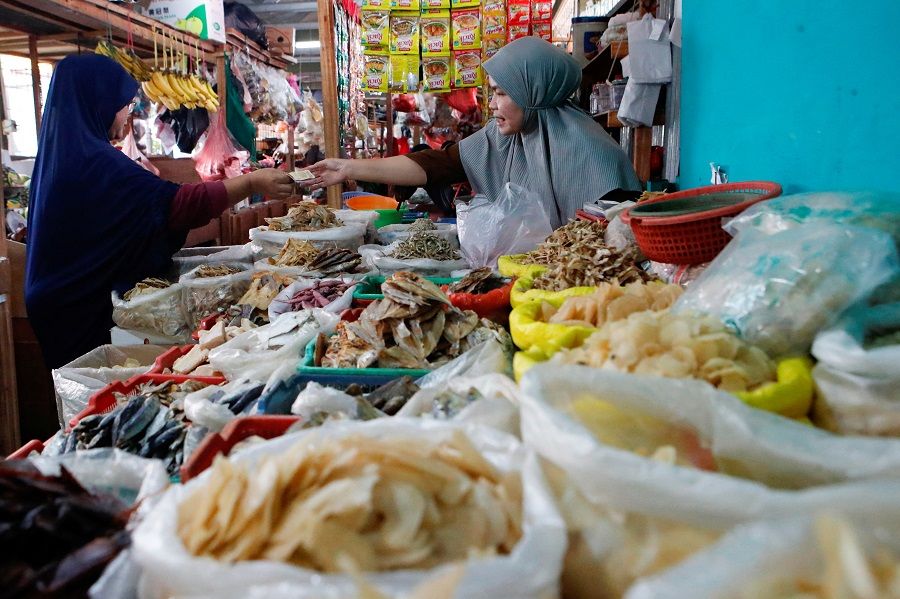
Armando pointed out that, in fact, the 2014 act had already been replaced by the UU Cipta Kerja (a job creation law) passed in 2020, which simplifies the application procedure for halal certification. The new bill stipulates that the application must be verified within one day, and that product examinations must also be completed within 15 working days.
Based on this bill, apart from the MUI, other qualified Islamic religious institutions can also examine whether a product is halal. If this bill is implemented, the examination process will be greatly reduced. However, Armando said that Mixue's ingredients being imported from China also complicates and lengthens the process. But this does not justify the delay of two years.
Based on Mixue's halal certification incident, Indonesia's halal certification process has yet to be streamlined. In the words of Armando, this will hinder the country's foreign investments and affect its economic development and social welfare.
Related: China's Islamic diplomacy in Indonesia is seeing results | Will Indonesia establish a University of Confucianism? | Indonesian elites and the general public have different views of China | Lunar New Year, Chinese New Year or "China's New Year"? The rise of (China's) identity politics | Indonesian Democratic Party of Struggle's Lunar New Year celebration paid tribute to Megawati
